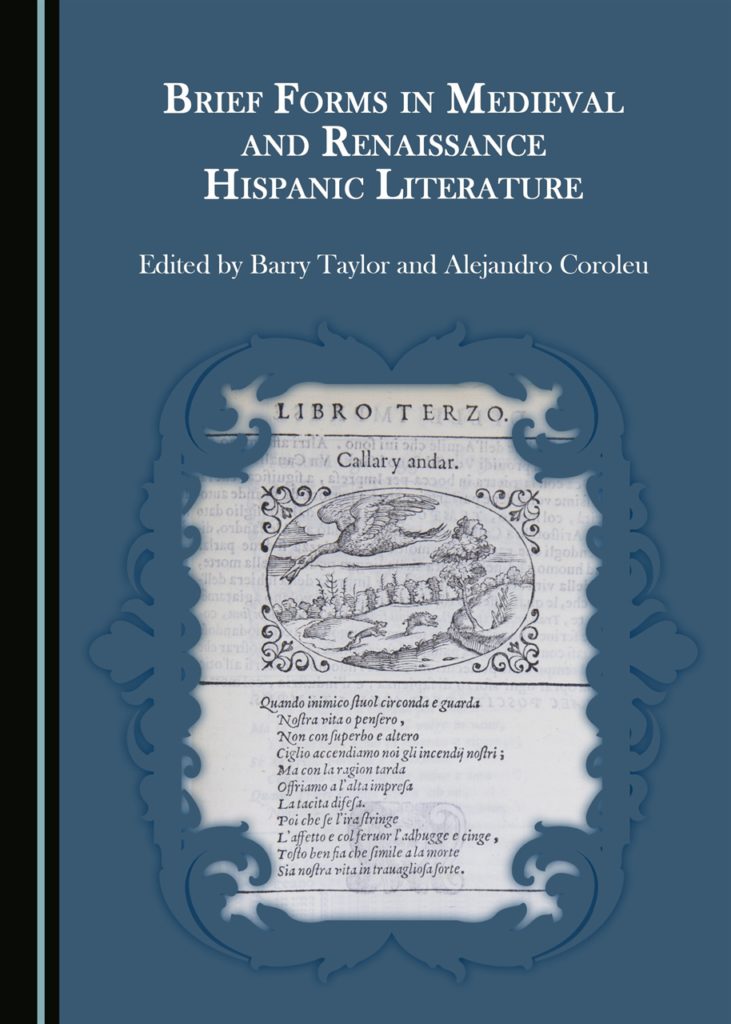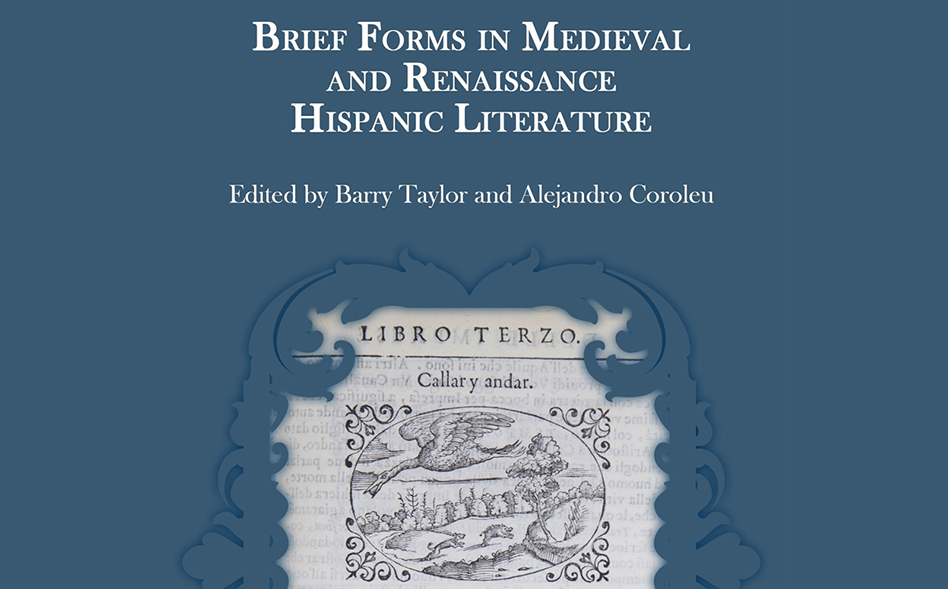Els deu estudis aplegats en aquesta col·lecció s’ocupen de manera diversa de les idees d’André Jolles (1874-1946), autor del volum Einfache Formen (“Formes simples”), aparegut per primer cop el 1930. Antropòleg de formació, en el seu llibre Jolles argüí que aquestes formes “simples” –Legende (llegenda), Sage (saga), Mythe (mite), Rätsel (enigma), Spruch (proverbi), Kasus (cas), Memorabile (acció memorable), Märchen (conte de fades) and Witz (acudit or frase aguda)–, que s’originaren en les fases inicials de la cultura humana, serveixen de base a gèneres literaris més sofisticats. A diferència de l’èpica o de la tragèdia, la majoria d’aquestes formes simples no apareixen en les formulacions teòriques de la retòrica clàssica. Els textos recollits en el volum que presentem se centren en la recepció d’aquestes formes simples en la cultura literària hispànica de l’Edat Mitjana, del Renaixement i del Barroc. Quatre dels assajos publicats s’ocupen d’aspectes relatius a la literatura catalana de l’època.
 Brief Forms in Medieval and Renaissance Hispanic Literature
Brief Forms in Medieval and Renaissance Hispanic Literature
Cambridge Scholars Publishing : 2017
Editor(s)
Barry Taylor, Alejandro Coroleu
Contributors
Alejandro Coroleu, Raimon Sebastian, Iveta Nakládalová, Andrew Laird, Cirilo García, Francesc Tous, Roland Béhar, Eulàlia Miralles Jori, Alejandro Martínez Sobrino, Barry Taylor, Francesc J. Gómez;
Book Description
The studies gathered in this volume engage in different ways with the ideas of André Jolles (1874–1946), whose Einfache Formen (“Simple Forms”) was first published in 1930. Trained as an anthropologist, Jolles argued that these “simple” forms – Legende (legend), Sage (saga), Mythe (myth), Rätsel (riddle), Spruch (proverb), Kasus (case), Memorabile (memorable action), Märchen (folk or fairy tale) and Witz (joke or witticism) – which had circulated at a very early stage of human culture underlay the more sophisticated genres of literature. Unlike epic or tragedy, many of the simple forms are not theorised in classical rhetoric. The essays presented here focus on their reception in Hispanic culture from the Middle Ages to circa 1650. As such, the book will be of interest to scholars of medieval and early modern Spanish, Catalan and Latin literature. It will also appeal to historians of Humanismm as well as scholars working on classical and Renaissance literary theory.
Biography
Barry Taylor is Curator of Hispanic Printed Collections at the British Library. He has published on aspects of the classical tradition in Spain and Portugal. Together with Alejandro Coroleu he edited the volume Humanism and Christian Letters in Early Modern Iberia (2010), and he has also contributed articles on brief forms to La Corónica and the Journal of the Warburg and Courtauld Institutes, and to the Història de la literatura catalana (2014).
Alejandro Coroleu is ICREA Research Professor at the Universitat Autònoma de Barcelona. He has written extensively on Neo-Latin literature and Humanism in Spain, including the book Printing and Reading Italian Latin Humanism in Renaissance Europe, ca. 1480 – ca. 1540 (2014). He is also the author of a Catalan translation of Lorenzo Valla’s De falso credita et ementita Constantini donatione, published in 2012.


